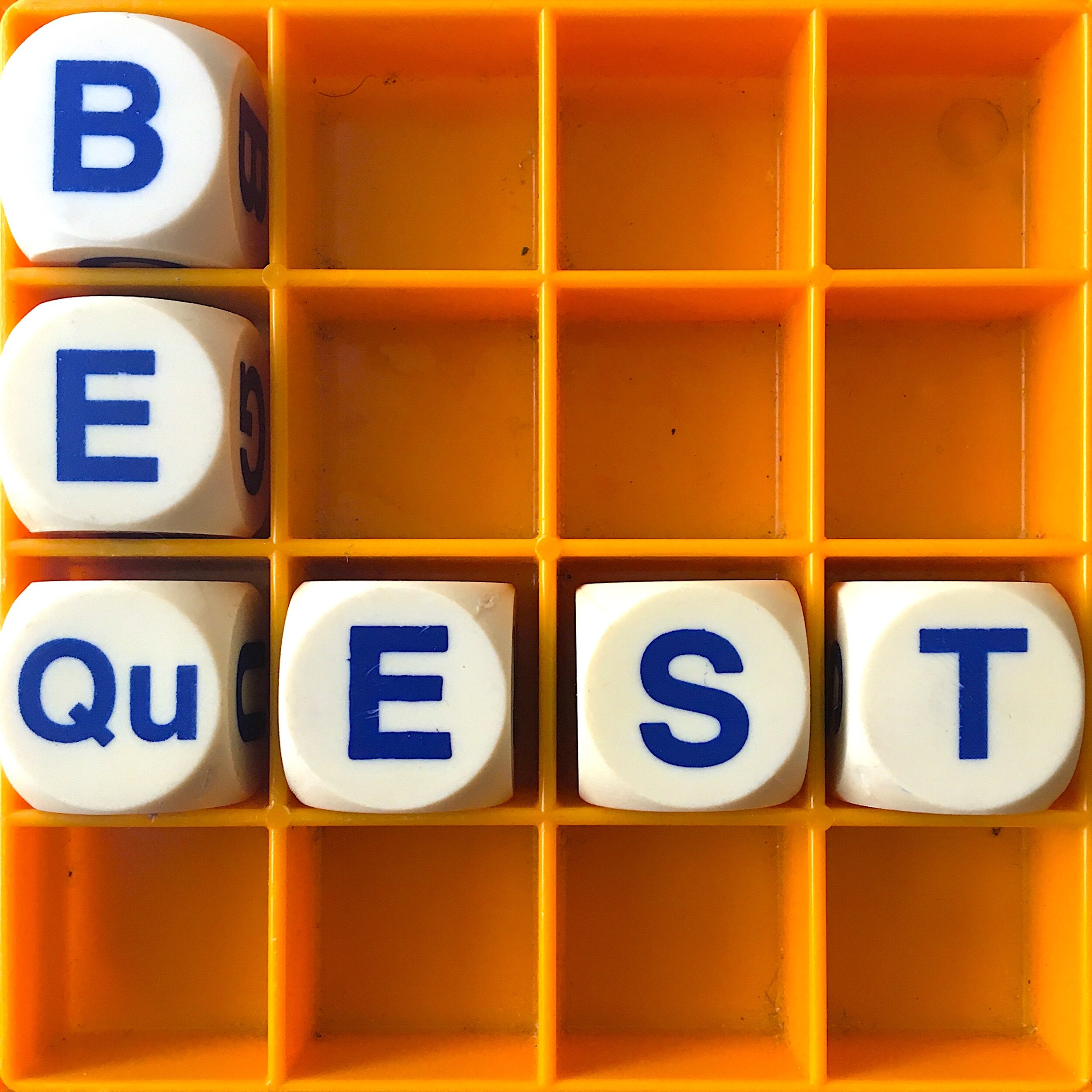"It's really good if we can get the changes through here - that can be an inspiration for other other countries or other places in the world," says Þorbjörg Þorvaldsdóttir, chair of Samtökin ’78, the national queer organization of Iceland. In 2019, Iceland passed the Gender Autonomy Act, which added an option for people to register their official gender as X; with it, the country's strictly binary-gendered naming laws were suddenly transformed. Other changes, like a new genderfree pronoun, are catching on; but overhauling a whole grammatically gendered language is no easy undertaking.
Read moreAllusionist 146. Survival: Today, Tomorrow part 1
The Icelandic language has remained so stable over the centuries, speakers can read manuscripts from 900 years ago without too much trouble. And when they need a new word for more recent concepts, there are committees to coin one, so that the modern Icelandic lexicon includes such things as the internet, helicopters and mansplaining. Defending the language from the encroachment of English, however, is rather more challenging.
Read moreAllusionist 126. Survival: Custodians of the Languages
In Australia, there were hundreds, perhaps thousands, of languages. Until English arrived.
Read moreAllusionist 118. Survival: Bequest
When the Europeans arrived in Aotearoa New Zealand, as well as guns, stoats and Christianity, they brought ideas of cisgender monogamous heterosexuality that were imposed upon the Māori people as if there had never been anything else. But one word, takatāpui, proved otherwise.
Read moreAllusionist 78. Survival: Oot in the Open
You are born and raised in a household speaking a language. Then you start going to school, and that language is banned. If you speak it, you'll be punished physically or psychologically. Across your country, there are people like you who associate their first language with shame, or not even being a language at all.
This is the predicament of the Scots language.
Scots language campaigners Ishbel McFarlane and Michael Dempster recount how Scots was sent into the shadows, and how it is at long last returning to public.
Read moreAllusionist 42+43. Survival: The Key rerun
To accompany the current Allusionist miniseries Survival, about minority languages facing suppression and extinction, we're revisiting this double bill of The Key episodes about why languages die and how they can be resuscitated.
The Rosetta Stone and its modern equivalent the Rosetta Disk preserve writing systems to be read by future generations. But how do those generations decipher text that wasn't written with the expectation of requiring decipherment?
Features mild scenes of linguistic apocalypse.
Read moreAllusionist 77. Survival: Second Home
There are two main places in the world where the Welsh language is spoken: Wales, and the Chubut Province in Patagonia. How did this ancient language take root in rural Argentina, 12,000 miles away from its home base?
Read more






